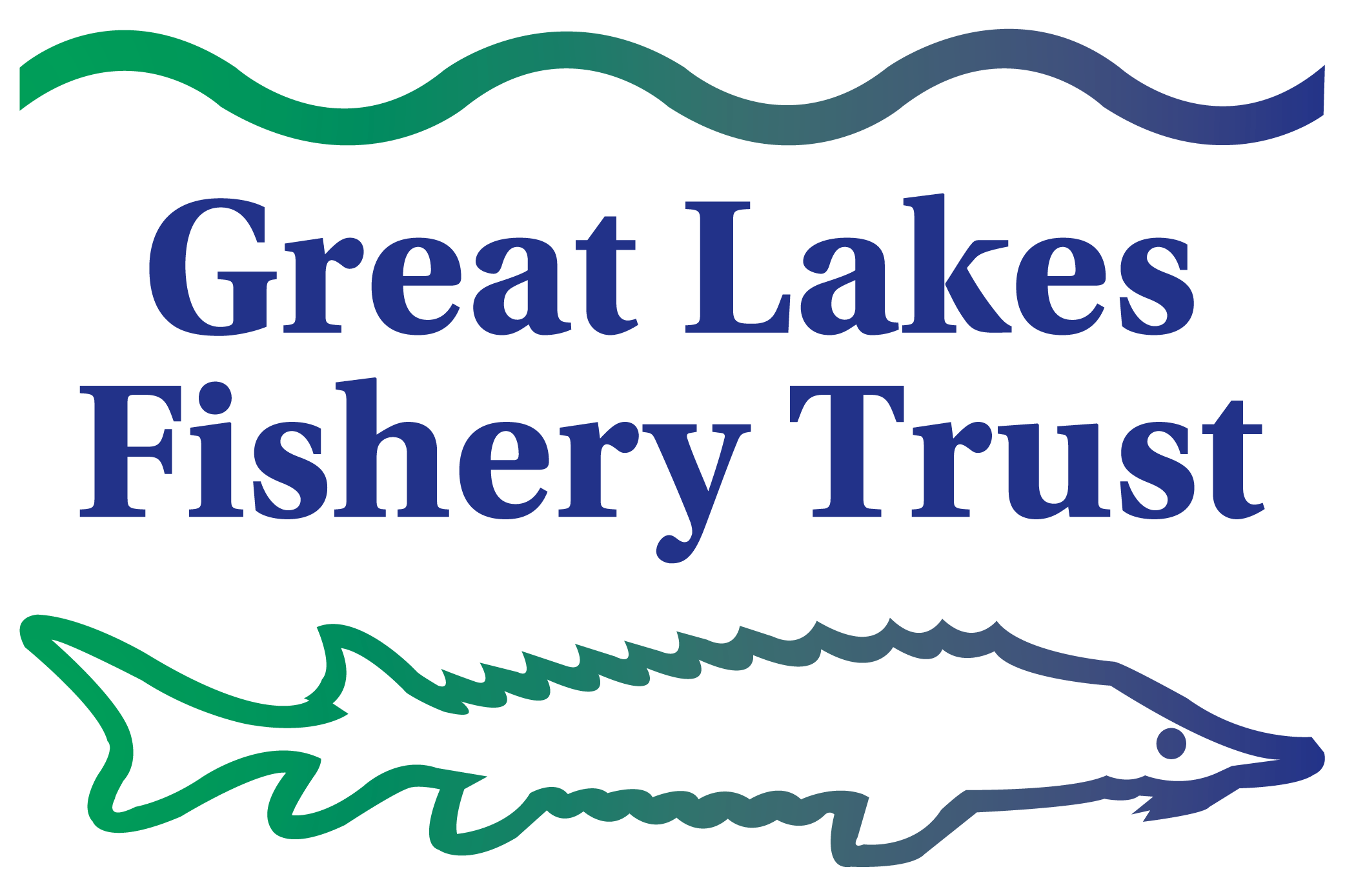The GLFT provides funding to support fisheries research through competitive grantmaking within established thematic areas and through funder-directed grants. Funded activities include hypothesis-driven research as well as tools, resources, and capacity-building efforts that support the development or use and application of research. The Research request for proposals is released annually in the winter. Preproposals are due in January of each year. Full proposals are accepted by invitation in early spring.
The goals of the Trust’s investments in fisheries research are to create a more resilient and stable fish community, increase the sustainable value of the fishery to stakeholders, and foster and increase self-sustaining fish populations.

